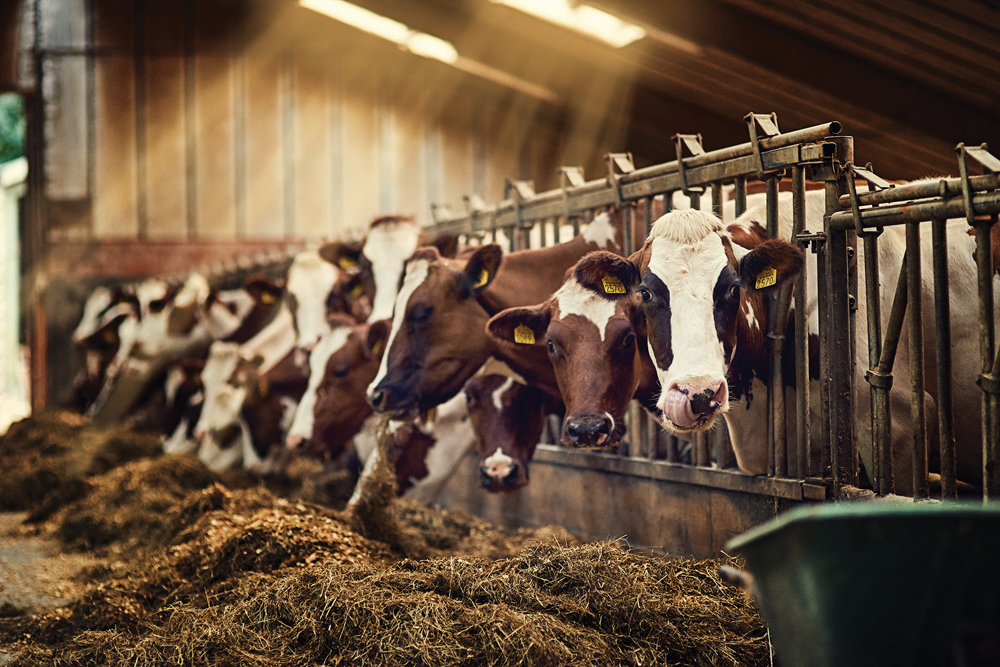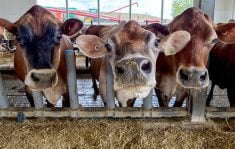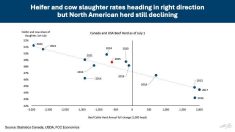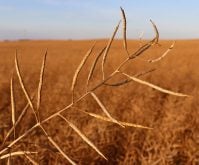Market share lost to foreign imports may make dairy farming less viable for the next generation, says David Wiens, chair of Dairy Farmers of Manitoba (DFM).
“It makes it more difficult to bring in the youngest generation when the industry has been starved in the way of growth,” Wiens told the Co-operator.
The latest loss for Canadian dairy came with the ratification of the Canada-United States-Mexico Agreement (CUSMA), which replaced NAFTA.
The agreement, which came into effect July 1, increases U.S. dairy market access in Canada through tariff-rate quotas, eliminates milk classes six and seven (which comprised skim milk components used to process dairy products, and made them cheaper for domestic producers), and sets global export thresholds for milk protein concentrate, infant formula, and skim milk powder. Any exports above the threshold are levied.
Read Also
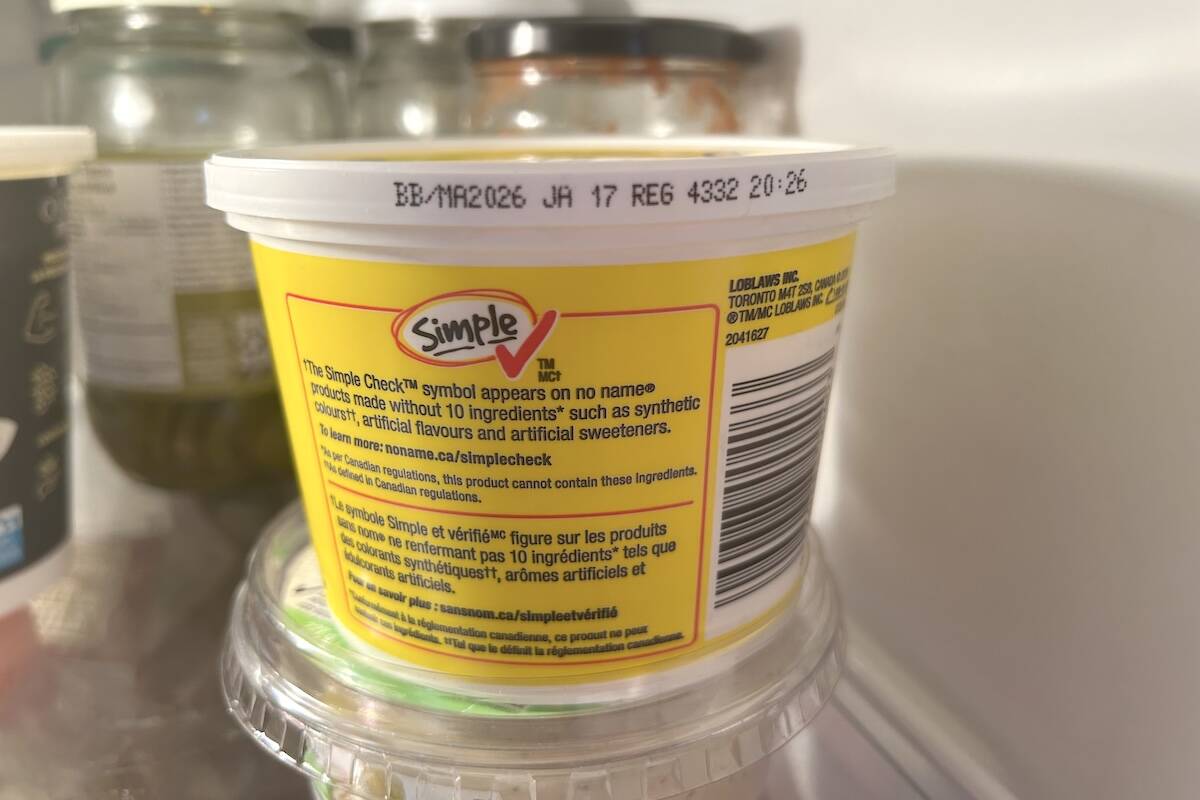
Best before doesn’t mean bad after
Best before dates are not expiry dates, and the confusion often leads to plenty of food waste.
“In other words, we cannot be competitive with the American dairy industry,” Wiens said.
The deal gives U.S. producers an estimated 3.6 per cent of the Canadian dairy market.
Previously the Comprehensive Economic and Trade Agreement (CETA) between Canada and the European Union and the Trans-Pacific Partnership deal (CPTPP) opened up 3.25 per cent of the Canadian dairy market to international competition.
“It’s just a bad habit that the governments are getting into, and that is using the dairy sector as a bargaining chip,” Wiens said.
“(Manitoba producers) share in all those markets,” Wiens said. “It will impact all of us.”
Displacement from American products means each dairy farm needs to produce a little less milk.
“Where normally we would have growth, we don’t have growth. Where normally we have areas where things plateau for a while, well we’ll actually have to reduce our production,” Wiens said. “That has a huge impact on farms.”
Dairy farmer Jill Verwey said trade losses, combined with losses from the COVID-19 pandemic, meant her family was being a bit more cautious with plans to expand.
Verwey, who owns a mixed farm near Portage la Prairie, said they were expanding the dairy portion of the farm because of its higher return on investment, but will likely slow that plan down.
If trade deals continue to chip away at the Canadian dairy market, that might not bode well for her kids, she said.
“Any additional access to any supply-managed sector is, I guess, going to tie our hands as producers to reinvest, and for us to retire and pass that on to the next generation,” Verwey said.
Farmers’ loss of income is also bad for rural communities, she added. More income means more money for farmers to reinvest at local equipment dealers, welding shops and other businesses.
DFM is also questioning how it will plan fall milk requirements because of the combined impact of incoming American dairy and the lingering effects of the pandemic.
The mixture was further soured when CUSMA came into effect earlier than expected. The dairy year begins August 1, said Wiens, and trade caps within the deal were timed accordingly.
For the first year, the combined caps on skim milk powder and milk protein concentrate is 55,000 metric tons, according to numbers DFM provided. In the second year, the cap drops to 35,000 tons.
Because the deal began one month before the start of the new dairy year, the “first-year” cap only lasts one month before dropping to the lower number, Wiens said.
Wiens said the estimated loss is $50 million to producers and $50 million to processors, who had no time to adapt to the new market.
Milk proteins that might have been exported will likely go to animal food, said Wiens, which commands a much lower price.
The federal government promised dairy farmers compensation for losses under CETA and CPTPP.
In February, federal Ag Minister Marie-Claude Bibeau promised compensation for losses under CUSMA.
“Now we know what we have in front of us and they already know about the compensation for the first two agreements (CETA and CPTPP). The compensation for the new NAFTA will come soon as well,” Bibeau told reporters following a speech to the Dairy Farmers of Canada.
“We’re committed to protecting supply management, the system and to make these compensations.”
She did not put a timeline on that compensation.
The feds have been poor communicators when it comes to compensation for losses under CETA and CPTPP, Wiens said. Producers got the first payment late last year, and since then haven’t heard anything about when the next payment will be, or how much it will be.
“Right before the 2019 election, the government announced a first instalment on the compensation for CETA and the CPTPP, which was a fraction of the overall total farmers were promised,” said Pierre Lampron, president of Dairy Farmers of Canada, in a news release on July 14.
“What happened to the commitment towards full and fair compensation for the remaining years? What about the compensation for CUSMA?” he said. “The time to deliver on those promises is now, since the consequences of those agreements are already being felt on the farm.”


